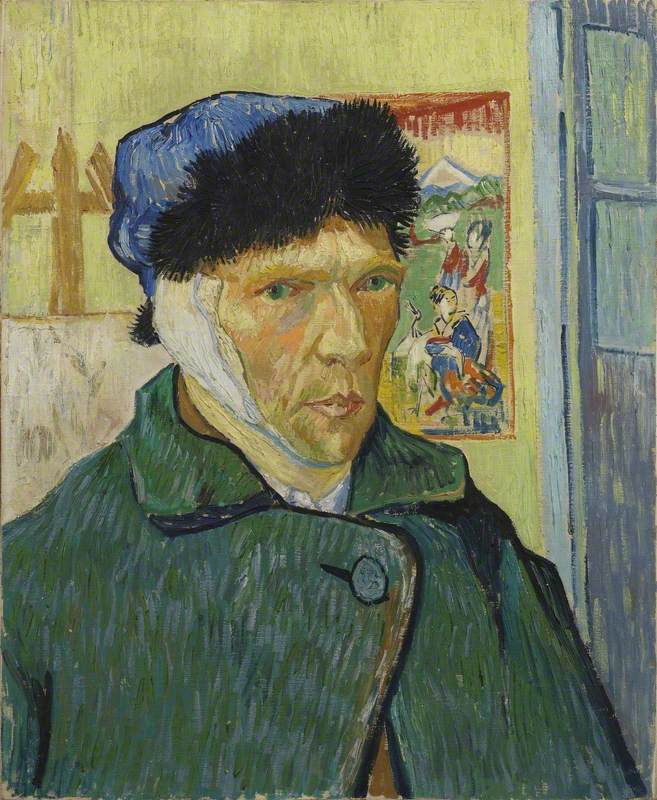
I appreciate that this one got picked up by Humans of the World, as trauma (experiencing it, discussing it, or the many sad reasons so many people can’t or won’t talk about it) is one of the fundamental things that connect us all as humans. With appreciation and love for the human beings with whom I shared these conversations.
Imagined Conversations with People I Love about Trauma
I was with my mother throughout her five-year battle
with cancer, I offer, as an opening salvo.
I lost my father to a heart attack a few days after I turned
fifteen, my friend retorts, gently; the armor he has accrued—
having abided a loss of this magnitude—equal parts
badge of honor and evolution.
I held my stillborn daughter, someone so close to me it qualifies
as a sort of personal experience never needs to say, since I’m aware
of the ways this memory has ceaselessly colored her
consciousness, ever since.
I saw my son try to jump out of the car as I was driving
him to the facility we’d already been, and hoped to never see
again, an old roommate relates, his tears salting
the table between us.
I recently found out my old man has dementia,
another says, and enough said,
we wordlessly agree.
I was raped, several have told me,
and the most intolerable shared secret is knowing
how many others can’t or won’t tell the world
what they still, on some level, blame themselves for.
I have seen things, a friend, who has done two tours
in Afghanistan says, telling me nothing
and everything all at once.
I had my appendix removed and woke up
with a breathing tube, another friend doesn’t have to say,
because I was there, in real time; neither us fully able to understand
the ways medical mistakes turn people into statistics.
I have never experienced any meaningful loss,
one confesses, and it’s always like some giant dark cloud
is following me, because I know karma, or the law of averages,
or whatever we want to call it
is saving up something I’ll never recover from.
(I occasionally interrupt this silent dialogue, extending empathy
to everyone unable to express the ways pain and loss
have transfigured their relationships
with this world—and themselves.)
I drove my motorcycle from DC to Buffalo
during the Great Recession—all backroads,
someone told me, many beers deep into a long evening,
and I’ll never be able to not see the kind of shit
we rarely read about in newspapers.
I heard my grandparents describe what life was like,
Pre-MLK in the South, a Black friend recalls,
and they still felt fortunate because they’d heard
their grandparents’ stories.
I watched my mom succumb to cancer, my mother said,
and I worry it will come for me when I’m her age.
I worry about that, too, I never told her, indignant
but afraid of the way fate, or ill fortune, or
whatever we want to call it
will wipe out a family like a thunderstorm
drowns ants in their underground caverns.
(I admit to myself—almost in awe of a trauma
that can neither be explained nor ameliorated—
I’m not at all certain my mother’s mom was awaiting her,
the way she hoped; and worse, when we leave here there’s nothing
except nothingness at the end of that long, unlit tunnel.)
